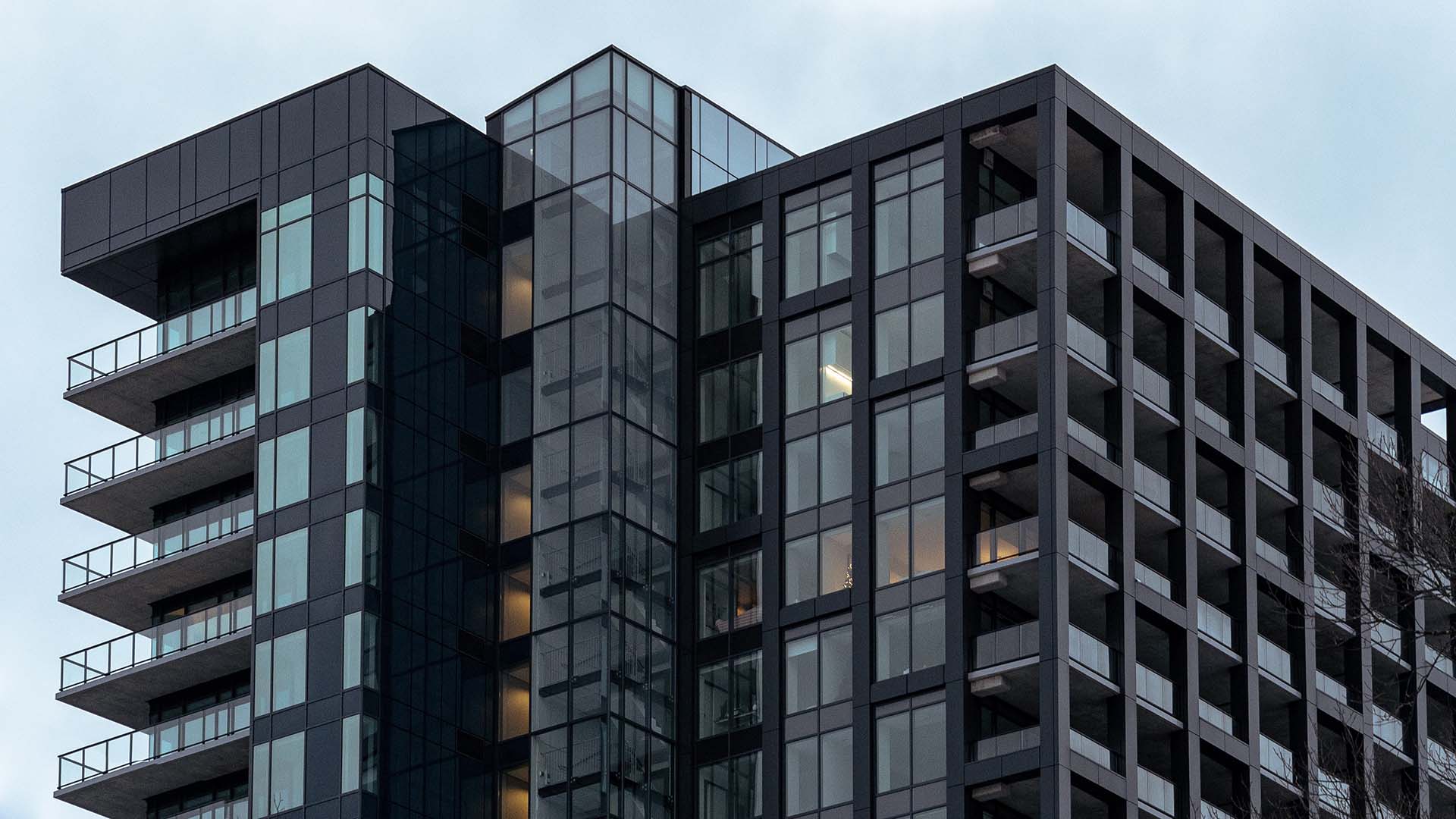Recreational cannabis users living in condominiums in Ontario can be forgiven for feeling like they’ve been left high and dry (pun intended).
The legalization of weed for recreational use has not been warmly received by condo corporations, with many introducing their own rules to ban the drug, not only in common areas, but also in individual units.
New rules/bylaws introduced by condo corporations prior to October 17, 2018 (when pot became legal), effectively prevent owners/renters from smoking, vaping or growing the plant within their own homes. Since cannabis laws only allow the drug to be consumed at home, some condo occupants still have no legal means of indulging their recreational appetites. The question now is whether these anti-cannabis rules will stand up in the courts.
Grandfather Provision
It’s unclear exactly how many condos in Ontario have introduced anti-cannabis rules, but Keegan Ferreira, deputy registrar of the Condo Authority of Ontario (CAO), says that those that didn’t do so prior to legalization will face a much more challenging situation in effectively enforcing any subsequent prohibitions. Most condo rules include “grandfathering” provisions which allow existing condo owners/tenants to continue with whatever legal activity they enjoyed prior to a new rule being introduced. Even if residents only enjoyed legal cannabis for a week, they may be entitled to keep the party going as long as they stay in their current unit.
- Regulation of tobacco versus cannabis – Some condo corporations have tried to kill two birds with one stone and have clamped down on tobacco use in units as wells. Unlike cannabis, tobacco has never been illegal, so most condo corporations that ban smoking of tobacco in units are grandfathering existing smokers, and letting them continue to light up in their own units.
- Medicinal use of cannabis – Medicinal use of cannabis is protected under Ontario’s human rights legislation. Although this right needs to be balanced with the rights of fellow residents to a smoke-free environment, right now most condos are allowing cannabis users with a prescription to continue using pot within their condo units regardless of condo rules or bylaws to the contrary.
- Home intrusion? – Some condo owners and renters have raised alarm bells about allowing condo corporations to tell people what they can and can’t do within the confines of their own homes. They say banning smoking in units is a “slippery slope”, and could open the door to draconian rules banning alcohol consumption, or even restricting when you can have sex and with whom. However, Ferreira states that condo corporations have for years introduced rules that outline what a condo resident can or cannot do – for instance, allowing pets, how many and the size of them, preventing bicycles from being stored within the premise, etc. Banning something like the smoking of cannabis within condo units is not a new concept in condo communities.
- Cannabis use versus growth – Many condo corporation boards have expressed in the media that their greatest concern is not the smoking of cannabis in units but rather the risk associated with home growth of the plant. Under Ontario’s cannabis legislation each household (not each person) is allowed to grow up to four plants within their premises. The concern of condo corporations is a) the strong smell that can spread through the building’s ventilation system; and b) the risk of mold. The hot and humid environment associated with the growth of cannabis plants could result in the growth of mold on and behind drywall, roofing, fixtures, tiling, carpeting and pipe plumbing. Mold can spread quickly beyond a single unit, is expensive to remove, and mold losses are not fully covered by home insurance.
As time passes in the world of legal cannabis, it will be interesting to see how condominiums address the competing rights and freedoms of smokers and non-smokers, and more broadly how they balance individual rights with the common interests of their residents. Ultimately, it will be for the courts to validate these decisions when the inevitable conflicts arise.
Mold and Insurance
Mold is a form of fungus and reproduces through spores released into the air. Should spores find a warm and humid area, they will continue to grow using the surfaces they spread to as food – this could be wood, drywall, carpet and paper. Mold also tends to flourish in places where it is not visible, such as behind walls, under floors and air ducts.
Due to the high loss and incidence of mold-related lawsuits incurred during the 1990s, insurance companies have limited their exposure by introducing a “fungus exclusion” to standard commercial property policies. Typically, a standard commercial policy (which condo corporation insurance is built around) would provide limited coverage for mold based on several technical exclusions. Essentially insurers would provide coverage for the removal of damaged property and the replacement thereof. The insurance cover would normally be $15,000 for a single loss event as well as being an annual aggregate.
Alex Gemmiti, a senior broker at Mitch Insurance, points out that most homeowners’ and tenants’ insurance policies contain exclusions for mold. The result being that, should a condo owner/tenant be found responsible for the spread of mold, the condo corporation would seek financial restitution from that person for the cleanup and repair of damages caused to the condo building – even though the person would be unlikely to have mold insurance.
Condo corporations and owners should consult with their brokers to determine whether they have the appropriate and adequate insurance to fully cover mold-related damages.
Looking for home insurance?
Speak with a Mitch Insurance broker today to get a quote on Ontario home insurance. Learn more >
Call now
1-800-731-2228







